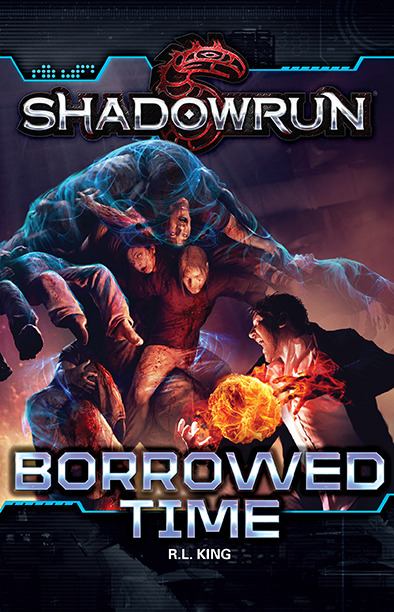One of the first things people tend to ask me when they read my books is, “How come they didn’t just pull out their cell phone at such-and-such point?” or “Why does everybody go to the library, and read newspapers? Why didn’t they just look stuff up on the internet?”
As every writer of modern fiction knows, today’s technology can be a pain in the keister when you’re trying to keep people from knowing everything before they’re supposed to. Nothing messes up a good situation like having Joe phone up Sally and say “Hey, I’m stuck in traffic and I’m gonna be late, so don’t go to the haunted house until I get there, ‘kay?”
Different writers deal with it different ways: for example, Jim Butcher, in The Dresden Files series, establishes that wizards can’t be around technology because their magical energy disrupts it. That’s a brilliant way of dealing with the problem, but unfortunately not one that other writers can get away with duplicating (especially when they’re swimming in the same urban-fantasy pool). So that’s out.
Others simply come up with excuses for why the tech isn’t around when it’s needed: no signal, forgot to charge the phone, left it at home, lost it, etc. This is probably the best way, as long as it’s not used to excess. If the characters are always losing their phones or forgetting to charge them (especially characters who are supposed to be relatively intelligent and organized) it starts looking suspicious.
Same thing for the internet. A lot of the mystery about creepy situations and spooky creatures goes away when the characters can simply Google up other sightings, or put out the call for other people to talk about their experiences. Again, the author can choose to ignore or downplay it, but that isn’t realistic unless their characters are either very old, Luddites, or living in an area where the net isn’t readily available. None of which is true for mine.
So I picked a different way around it: set the stories in an alternate world, just this much off from our own. I mean, heck, I’m saying magic works in this world and people buy that, so why not buy that various events have occurred (which you’ll see in Book 2) that led to a worse economic situation and a slower adoption of technology than in the “real” world? That way, I can get away with having a world with modern-day attitudes about things like sexism, homophobia, and racism (that is to say, they’re all still problems, but not nearly as much as they were in pre-internet days) without having cutting-edge tech getting in the way. What it most definitely does not mean is that the world of my stories is the equivalent of the ‘70s or ‘80s in the real world. Nobody is running around in bell-bottoms or over-teased hair. Nobody wants to see that, least of all me! Things like clothing styles are comfortably in the 21st century.
Will technology come into the world in my books? Absolutely. It’s actually already there—people do have cell phones and the internet exists, but tech is probably at about an early-‘90s level where the average person doesn’t see the need for it yet. People who need phones (like doctors and real-estate agents) have them, and people can get internet access if they want it but there’s not a lot out there yet that’s of interest to the general public.
The good news for me is that when I start bringing it in, it will come faster than in the real world, so I can start planning the later stories to account for things like internet searches and ubiquitous cell phones. On my terms.
But for now, I want to preserve the mystery for a little while longer.














Agree that this can be a real challenge in urban fantasy! I chose a more integrated approach in my AU urban fantasy, but I’m always interested to see what approaches other writers choose, and why.
Yes, I really like how you did it in your books, and how you integrated the magical communication with the cell phones. Wouldn’t work in mine since I don’t really have a “magical society” like you do, but it’s a nice elegant solution for your world.
I commented on an earlier blog about Lee Child’s Jack Reacher series, comparing it to a modern day western, one reason is Reacher has no cell phone and is not very good with the internet. The explanation is it is part of his character, although several novels are in areas with no cell reception.